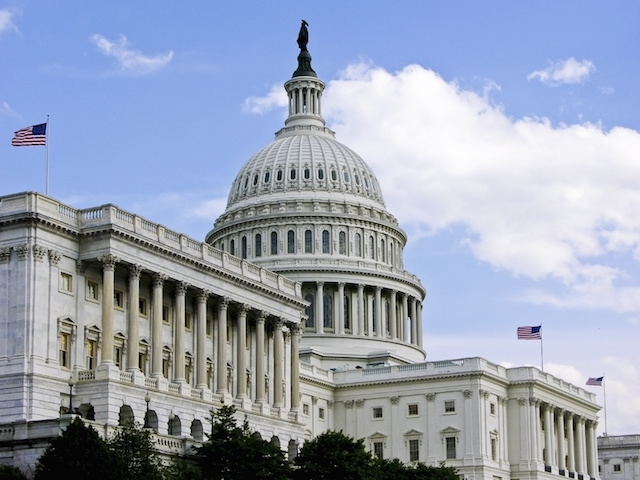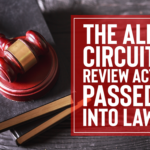Last month, we discussed the unclear future of the SEC Whistleblower Program under a future President-elect Trump, but as the weeks roll on and we get closer to inauguration day, there are positive signs that the program may survive intact in the coming administration. One positive sign is that the President-elect’s pick for the Treasury Department does not appear to have targeted the program among his aims for a Dodd-Frank rollback. Furthermore, experts and pundits weighing in see little political gain in taking such a backwards-facing move on a program that has garnered bipartisan support while bringing in significant revenue to the federal government.
Bipartisan Treasury Pick Focused on Lending Standards
Trump’s selection of Steven Mnuchin was surprising (or not surprising at all, given the President-elect’s avoidance of strict ideology) for several reasons: not only was he an executive with Goldman Sachs, the Wall Street powerhouse that Trump had repeatedly tied to Hillary Clinton as an example of her “cronyism,” but Mnuchin had also previously donated to Clinton’s campaign in 2008 and worked significantly with liberal-leaning billionaire activist George Soros.
Mnuchin, like many of Trump’s cabinet picks, has not worked in government before, so he does not have a clear record of policy stances to pore over, but he gave an interview with CNBC the day after his selection in which he said his focus in dealing with the Dodd-Frank Act (the 2010 act that established the SEC Whistleblower Program) was in loosening regulatory standards that prevented banks from conducting lending. He made no mention of the whistleblowing provisions put in place by Dodd-Frank, and has said in the past that there are positive aspects of Dodd-Frank.
Experts Weigh in to Express Optimism for the Future of Whistleblowing
While Mnuchin’s statements (or lack of statements) are not clear and convincing evidence of a continuation of the SEC Whistleblowing Program, a number of experts interviewed by the Wall Street Journal’s Risk and Compliance Journal indicated that they believed the political popularity of the program was too great and that there would be no clear gains to be made in dismantling the program.
After all, both Republicans and Democrats can agree on the fact that corruption in business is harmful to a well-functioning economy, especially those actors that play by the rules, and that removing a program that brings in hundreds of millions of revenue to the federal government by essentially deputizing private citizens to do the investigative work that federal agencies would otherwise have to expend additional resources to do on their own would be unwise.
What happens in the next few years remains to be seen, but given the fact that Trump has not taken aim at the program while pledging repeatedly to “drain the swamp,” we can be optimistic that the good work of the SEC Whistleblowing Program may well continue.
Act Now in Obtaining Your SEC Whistleblower Award
Although there is reason for optimism, the fact remains that we cannot be 100% sure about what future policy changes a new administration might implement over the coming years, which should provide added incentive to avoid delay in taking action in coming forward with confidential information of wrongdoing to the SEC.
Bringing whistleblower information to the SEC can be a long, complex process, but it can also be tremendously lucrative, and the right thing to do to help keep our financial markets fair.To learn more about how Kreindler & Associates can help in your SEC whistleblower matter, see here.




